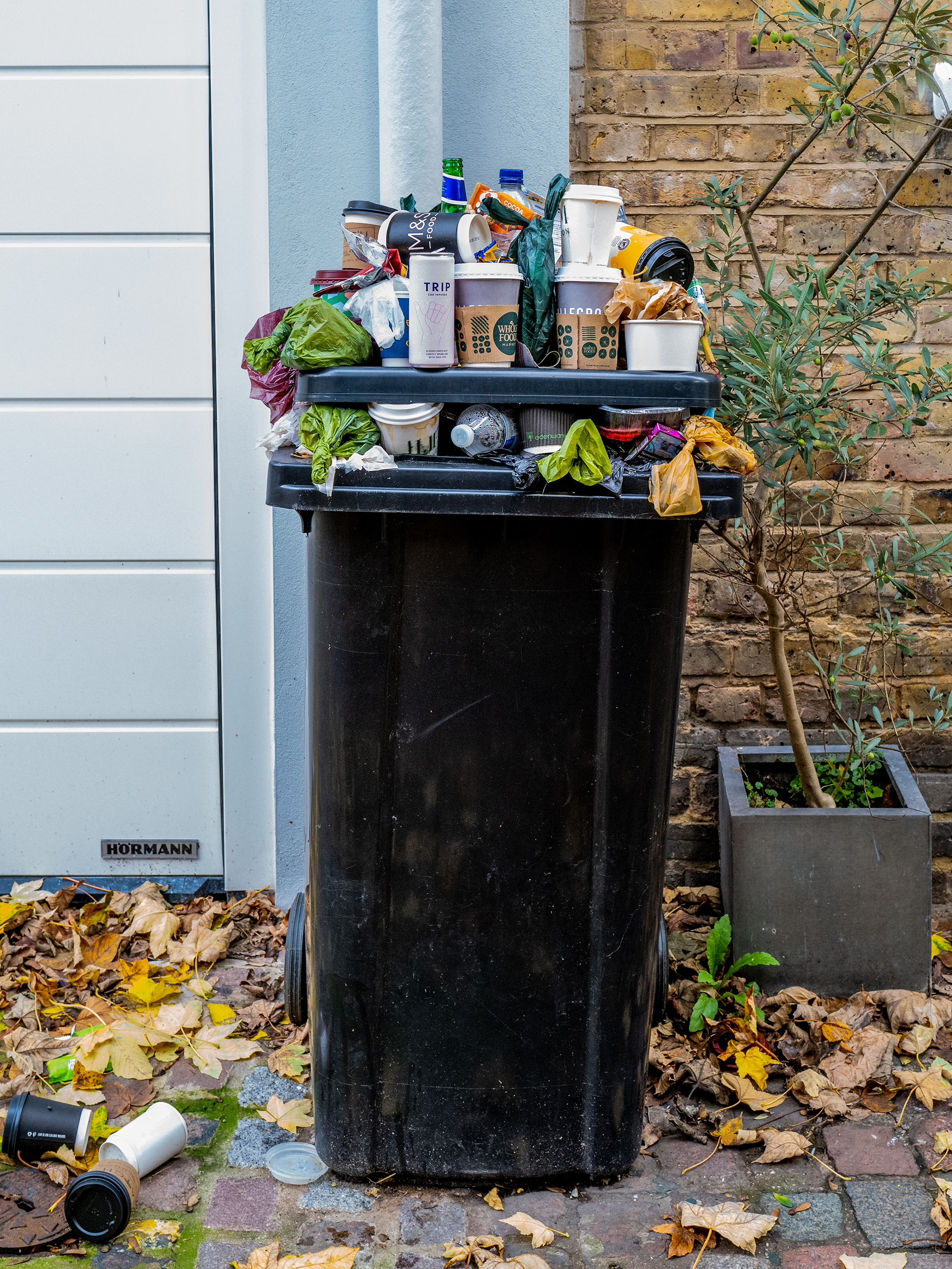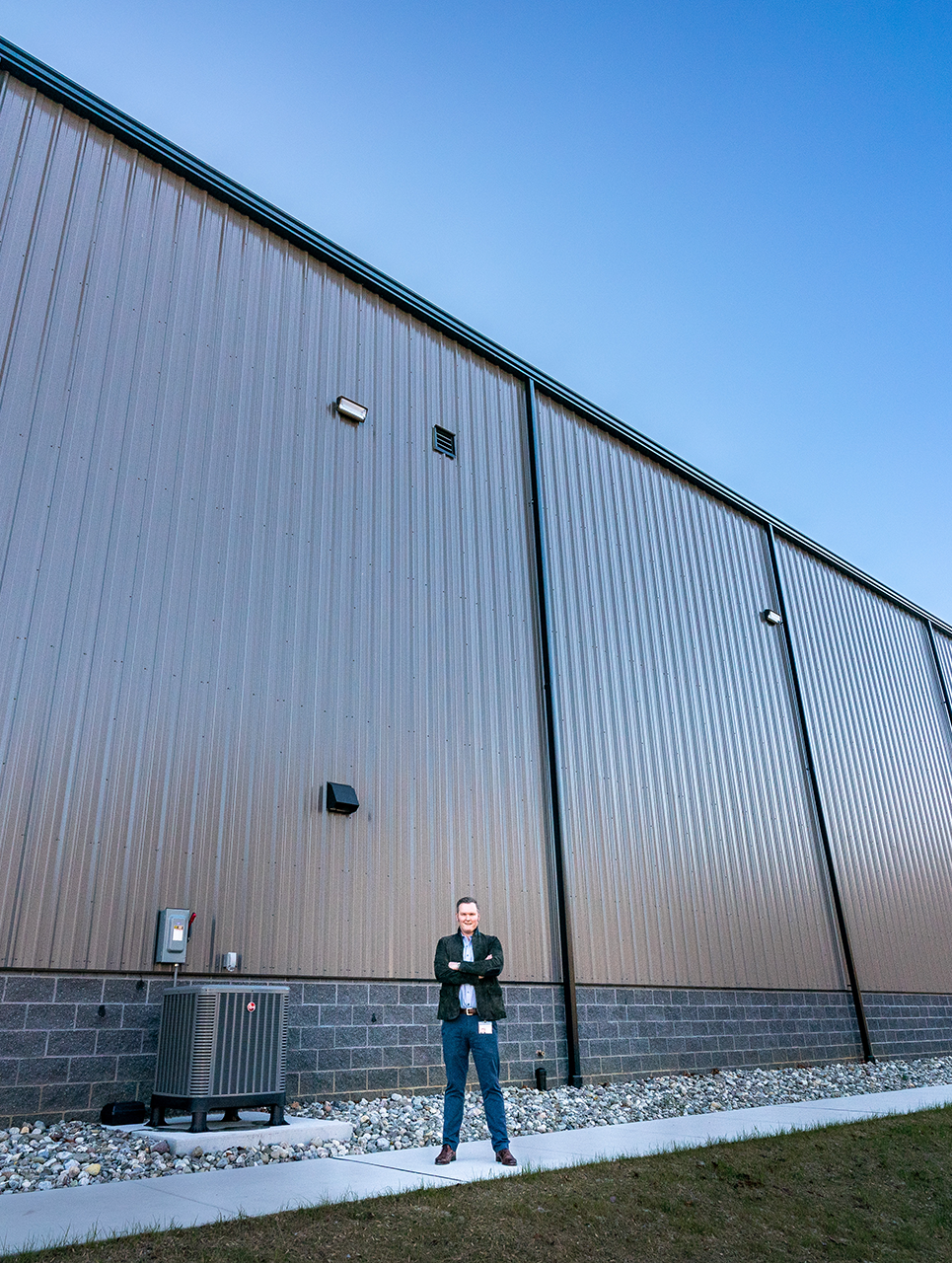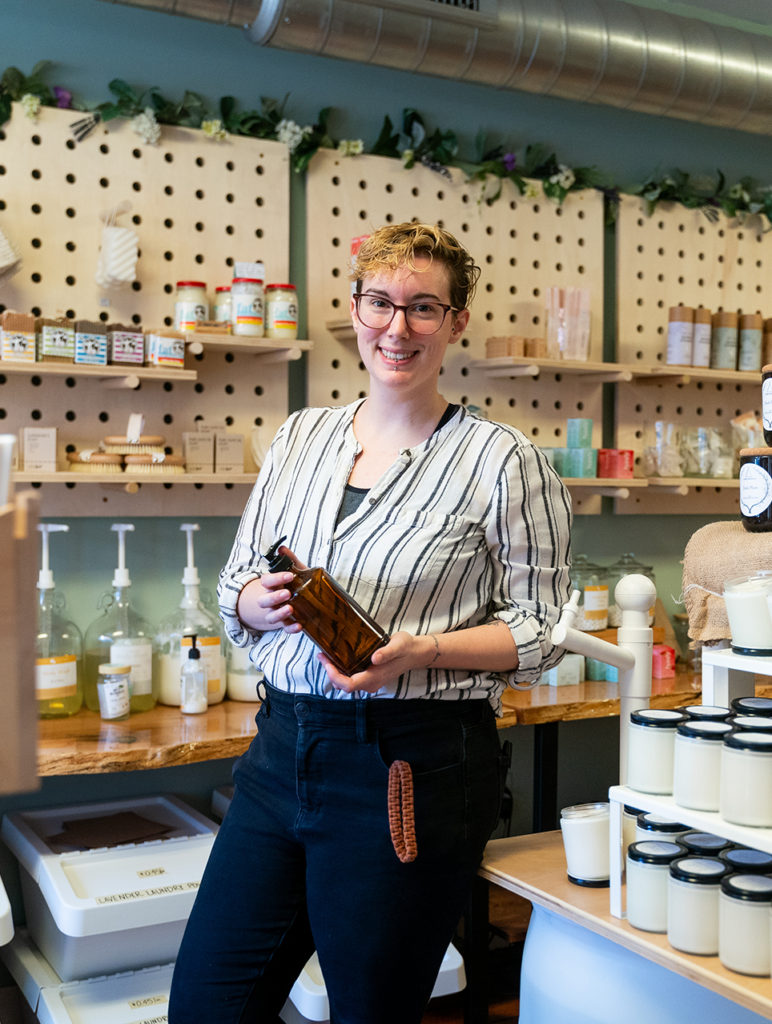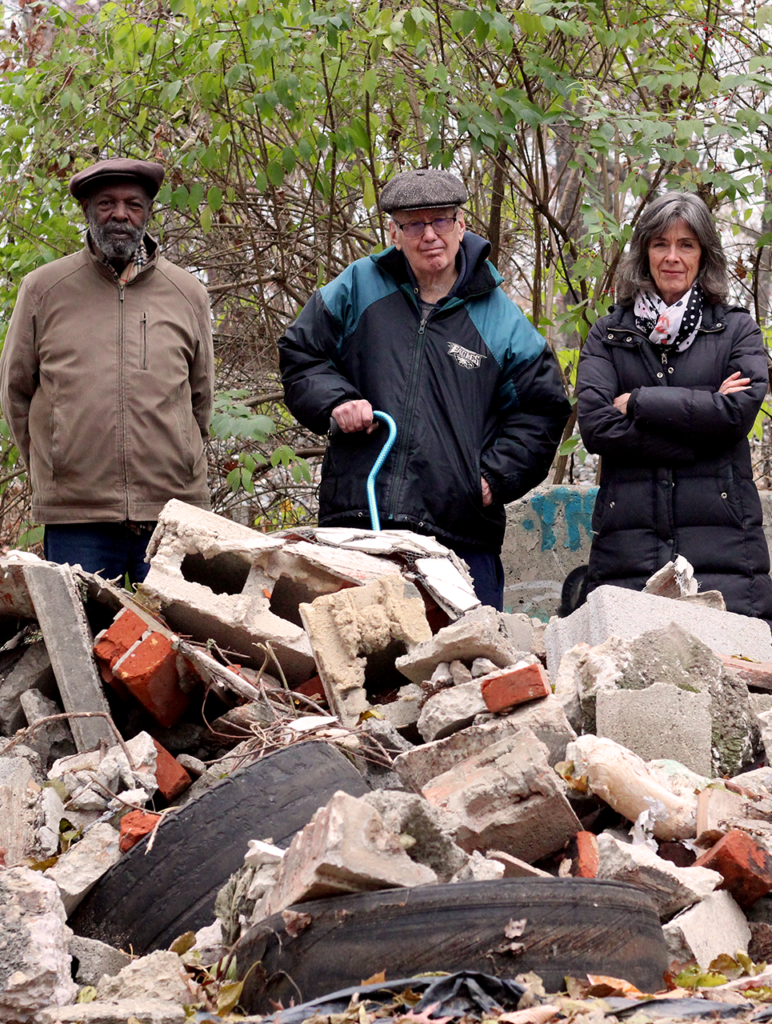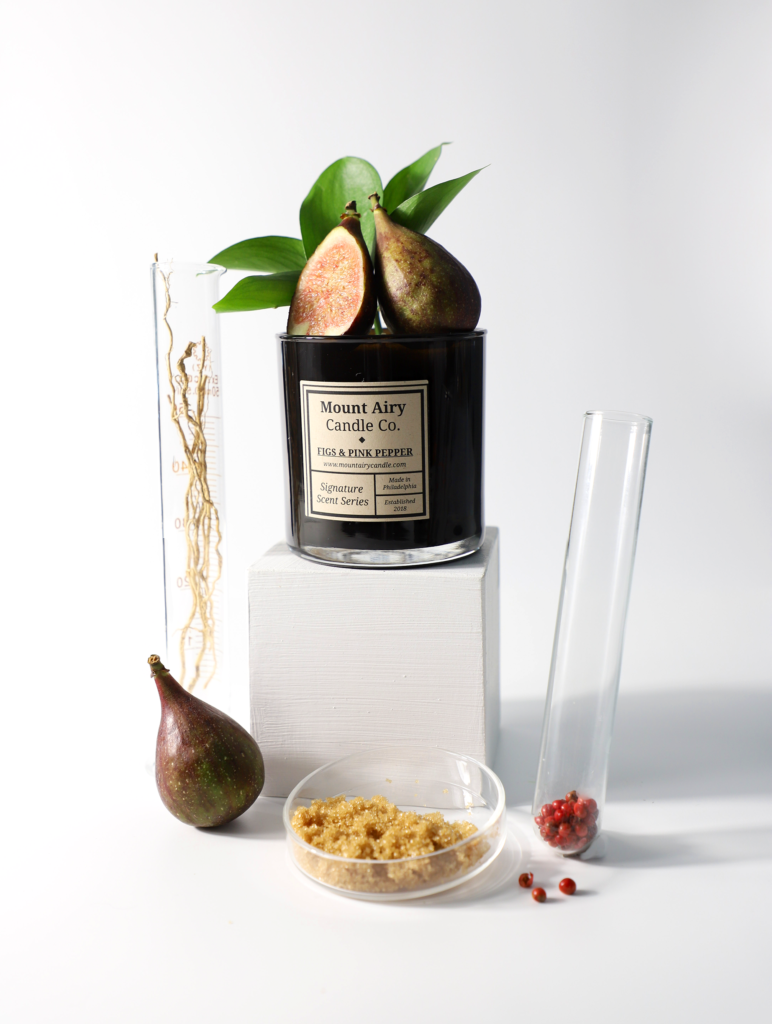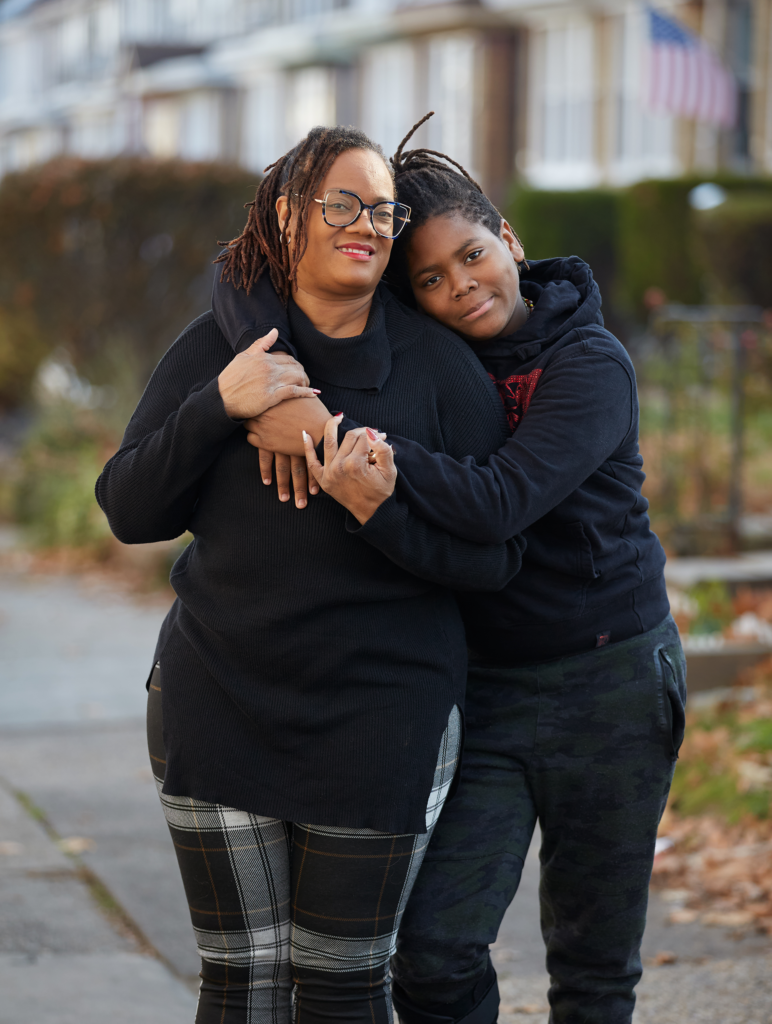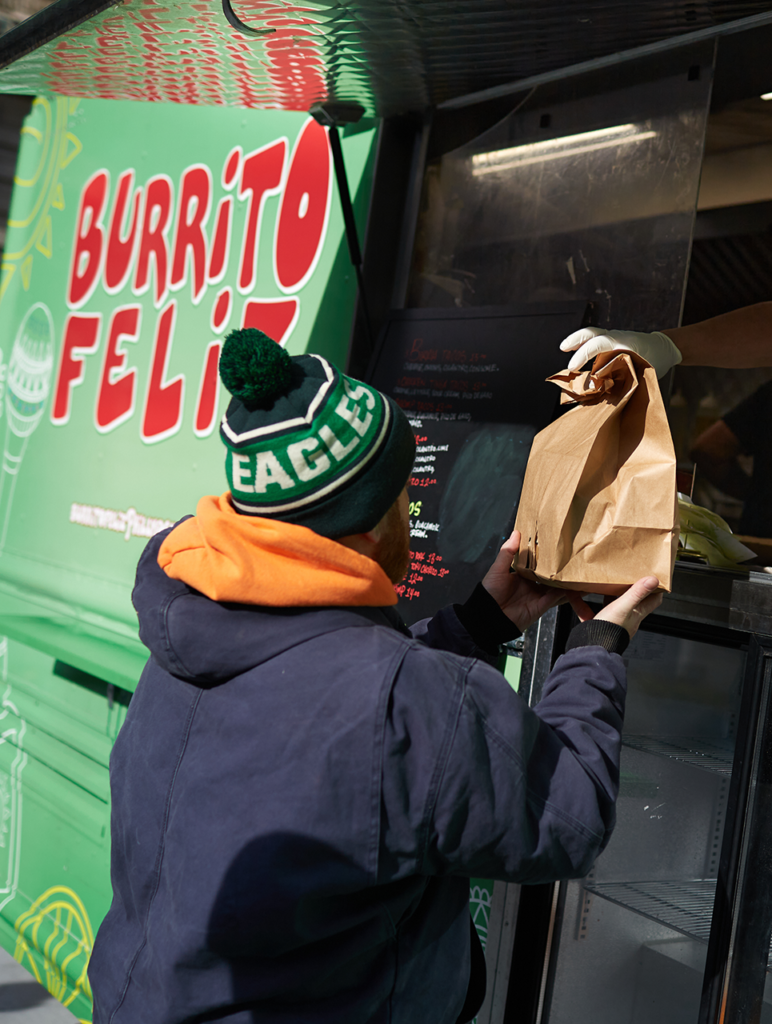Do your overflowing trash can and recycling bin make you feel like a failure as you drag them to the curb on trash day?
You’re supposed to reduce, reuse, recycle, but everything you buy comes encased in plastic. If you buy it online, that plastic comes packed in paper and yet more plastic inside a cardboard box. Did you treat your family to pizza on Friday? Those grease-stained boxes are in the trash can, straining to unfold themselves inside a plastic bag. Did your kid convince you to grab some juice boxes as you approached the checkout at the grocery store? In the moment it seemed like a reasonable compromise to avoid an argument, though you knew it would be better to get a big bottle of juice and use cups (or just have everyone drink water).
You didn’t design the systems of overproduction and excess that yield mountains of trash. You can do your small part to fight it, but so can our public officials through measures like plastic bag bans.
You do have allies. Most businesses we rely on give us a shamefully narrow range of circular options, but thankfully some of them are forging a new path, whether that’s with refillable personal care products or reusable containers to hold our food.
Keep reducing, reusing and recycling as much as you can. We hope this issue sparks a little bit of hope that a world in which doing so easily is possible. And remember: you’re part of the solution, but it’s not all on you.
Want to read more about how we ended up with our trashy solid waste problem? At Grid we are fans of “Gone Tomorrow: the Hidden Life of Garbage” by Heather Rogers. Published in 2006, it will take you through the rise of the consumer economy, as companies marketed more stuff we never needed to buy and industries responded to the resulting surge in waste by shifting the burden of responsibility to local governments and consumers.


